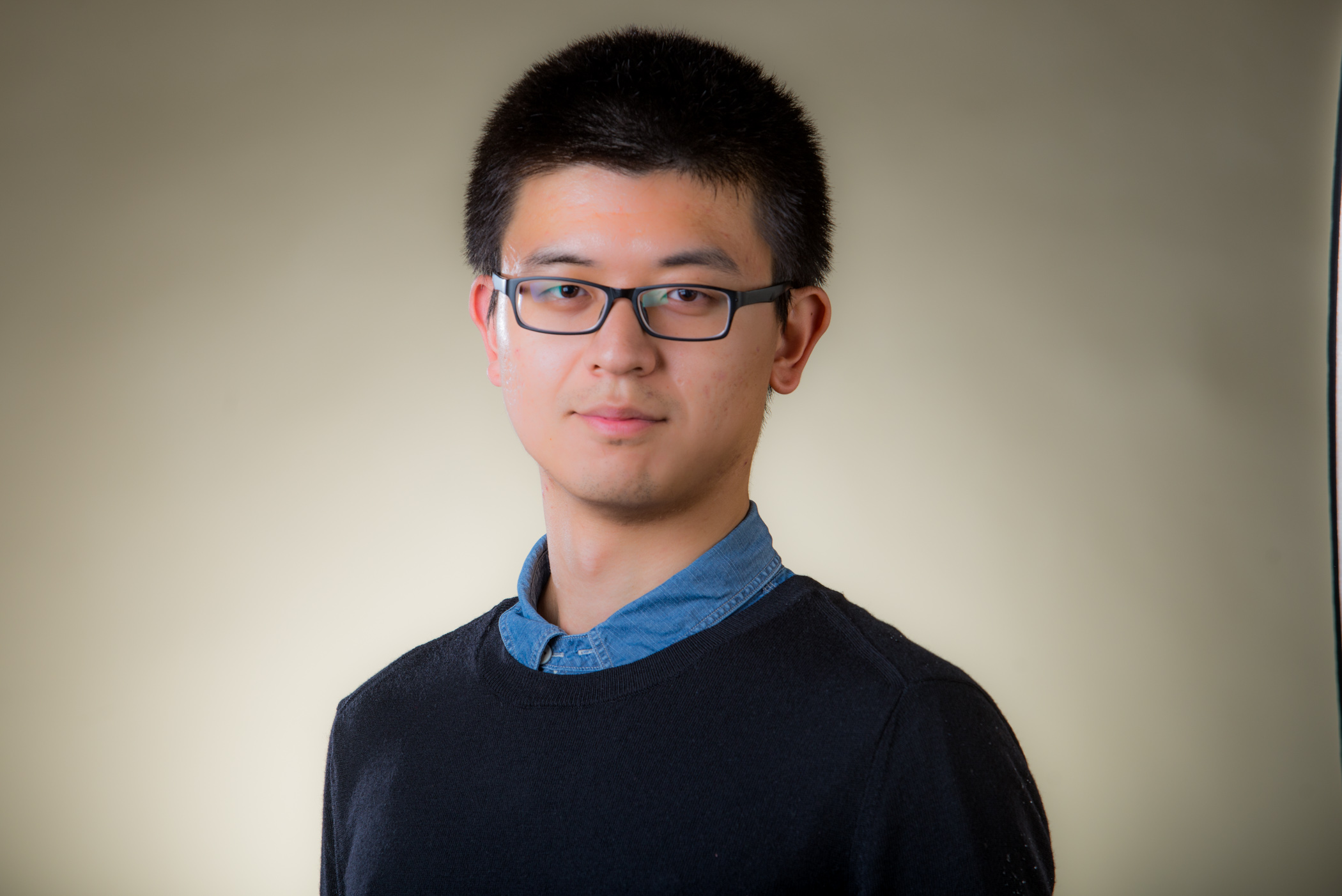About me
I am Minglang Yin. I am a Postdoc Fellow in the Department of Biomedical Engineering, Johns Hopkins University. I am working with Prof.Natalia Traynova on developing AI models for addressing needs in cardiac electrophysiology.
My research interests are on developing AI and computational models to address pressing needs in clinical pipelines and to elucidate disease mechanisms. I am also interested in AI, cardiovascular biomechanics, computational mechanics, and uncertainty quantification.
- A complete list of publications. Google Scholar
Recent News:
- (Mar. 2025) I was invited to give a presentation at the Pasteur Lab.
- (Mar. 2025) I gave a presentation at SIAM CSE 2025.
- (Dec. 2024) Our study on developing AI for predicting geometry-dependent solution operators of PDEs got accepted in Nature Computational Science! It attracted a high level of attention from media! NSF News, JHU HUB, Communications of the ACM (to be appeared), MIT Tech Review (chinese)
- (Oct. 2024) Oral presentation at SIAM MDS 2024.
- (Jun. 2024) Oral presentation at CMBE 2024.
- (Jun. 2024) I received the Best PhD Thesis Award in Biomedical Engineering (Runner-Up), International Journal for Numerical Methods in Biomedical Engineering (IJNMBE)
- (May. 2024) I was invited to give two oral presentations in HRS 2024 (Boston) on our latest AI research for advancing the quality of clinical care. See you in Boston.
- (Apr. 2024) Invited talk in Lu’s group at Yale. “Learning Solution Operators of Partial Differential Equations Across Geometries”
- (Mar. 2024) We proposed a computational-based shape categorization for left atrial appendage. This pipelines greatly improve the shortage in interoperatability in the current appendage classification system and will be tested on a very large cohort in the next few months!
- (Feb. 2024) Check out our latest paper. DIMON enables geometry-dependent operator learning with validation on over 1,000 personalized hearts digital twins derived from cardiac imaging of patients with heart disease.
- (Nov. 2023) I was selected by Hopkins as institutional candidates for the Moore Inventor Fellow.
- (Jul. 2023) I received the Kenneth M. Rosen Fellowship in Cardiac Pacing and Electrophysiology, Heart Rhythm Society 2023
- (Jun. 2023) Invited talk, Biophysics-informed Machine Learning, The Platform for Advanced Scientific Computing (PASC) Conference (Online) 2023
- (May. 2023) Poster session, Heart Rhythm 2023, New Orleans, LA
- (Apr. 2023) Invited talk at CIS/MINDS seminar, Johns Hopkins University
- (Apr. 2023) Check out our paper on DL for constitutive modeling. The framework learns the constitutive laws for a family of materials and infer the new samples without retraining! A generative modeling framework for inferring families of biomechanical constitutive laws in data-sparse regimes
- (Feb. 2023) Invited Lightening talk, School of Medicine/Whiting School of Engineering Research Retreat, Johns Hopkins University
- (Mar. 2023) Travel Award, 17th U. S. National Congress on Computational Mechanics
- (Oct. 2022) Invited talk, Finalist of Robert J. Melosh Competition, Civil & Environmental Engineering, Duke University
- (Sep. 2022) Invited talk at Complex Fluids and Soft Matters (CFSM) seminar series, Department of Mechanical Engineering, Clemson University (Online)
- (Aug. 2022) I start my new position as a postdoc in the department of biomedical engineering, Johns Hopkins University.
- (Jul. 2022) I have my thesis defense in late July, 2022.
